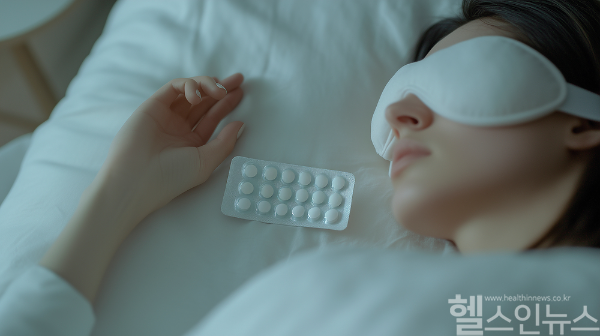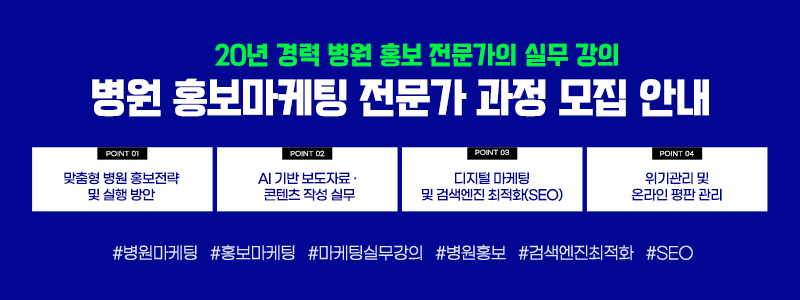The research, published online in the *Journal of Korean Medical Science* (JKMS), compared actual prescription volumes from 2020 to 2021 with predictive models based on pre-pandemic trends. The findings underscore the pandemic’s profound impact on sleep health, particularly among younger adults, who exceeded expected prescription rates for all types of sleep medications. Insomnia, characterized by difficulty falling asleep or frequent awakenings, can lead to long-term mental health issues like depression and anxiety, as well as physical health deterioration.
Women and Elderly Lead in Prescription Rates
The study found that insomnia drug prescriptions quadrupled over the 12-year period, rising from approximately 10.5 million in 2010 to 42.4 million in 2022. Women accounted for over 60% of these prescriptions, consistently outpacing men. The elderly, particularly those over 70, had the highest absolute prescription volumes, signaling a need for targeted monitoring in this group.

Surge in Low-Dose Antidepressants and Antipsychotics
The most striking increases occurred in 2020, immediately following the onset of the pandemic. Prescriptions for low-dose antidepressants surged by 38.6% for men and 37.1% for women compared to the previous year. Low-dose antipsychotics followed, with a 28.9% increase for men and 25.7% for women. In contrast, traditional sleep aids like zolpidem saw relatively modest growth.

A First-of-Its-Kind Analysis
This study marks the first large-scale analysis in South Korea to compare pre- and post-pandemic insomnia drug prescription trends against predictive models. Its findings shed light on the broader implications of the pandemic on mental and sleep health, particularly among vulnerable groups like young adults and the elderly. As the nation grapples with the long-term effects of COVID-19, experts are calling for enhanced oversight of psychotropic medication use to ensure patient safety.
Lim Hye Jung, HEALTH IN NEWS TEAM
press@hinews.co.kr


